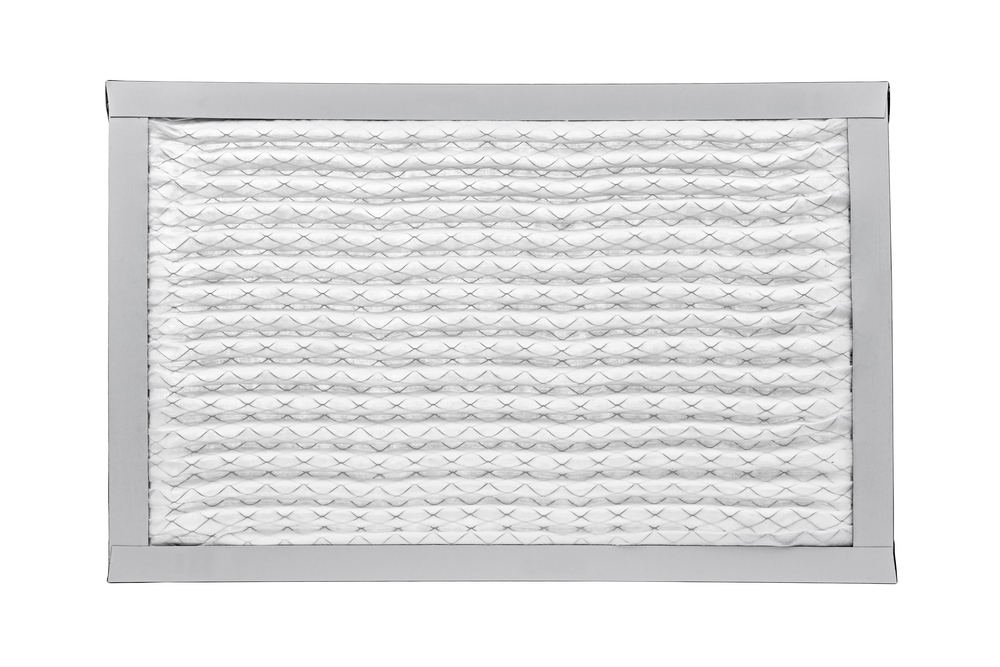Air filtration is an essential aspect of any HVAC system. Without effective filters, contaminants can enter through the air registers and travel throughout the building. In commercial or manufacturing settings, this can often cause problems related to cross-contamination. In any setting, an inefficient air filter can enhance pre-existing respiratory issues such as asthma and allergies.
If you’ve spent any time looking at air filters, then you’ve likely come across MERV ratings. However, numbers on their own aren’t very explanatory and may leave you scratching your head and wondering, “what is a MERV air filter rating?”, below, we briefly revisit the key reasons that you should get a high-quality air filter for your system, then explore what a MERV rating means and which ones you should consider for your system.
Why Air Filtration Matters in Any Setting
As we mentioned above, there are a few specific situations that demand the highest quality air filters, as well as some general advantages that air filters give:
- Cross-contamination – In production settings and restaurants, contaminants can travel through the HVAC system. Generally, this will matter for allergy-inducing particles such as gluten (from grains), soy, and coconut. These ingredients are often ground into powders or flours that can easily mix with the surrounding air. Even if you keep your production facilities in separate rooms, you can still experience cross-contamination if your filters aren’t rated highly enough to catch these particles.
- Respiratory Issues – These issues make it even more important to get an effective, efficient system. Children and even adults in urban settings are especially prone to developing asthma and respiratory conditions that make them sensitive to irritants. These irritants include mold, dust, and bacterial buildup that, if left untended, can cause chronic problems. While air filters can reduce the amount of these particles that get into your system, it’s important to couple those filters with regular duct cleaning so that you can eliminate any buildup that’s already in your system.
- General Reasons – Clean air is about more than appreciating a fresh scent. If healthy people are consistently exposed to dust, it can cause them to become more vulnerable to acute respiratory illnesses and weaken their immune system. It can also increase the amount of dust in the air, which reduces the attractiveness of retail spaces and homes. Even for people without asthma, excess dust and particles in the air can trigger episodes for those who have a natural inclination for breathing complications.
It’s evident that you need to have a good filter for your system, but you may not know how to determine the right one for your home or business.
What Is MERV Air Filter Rating – Efficiency and Size
We now come to the central question: what is MERV air filter rating, and what do the numbers mean? MERV, or minimum efficiency reporting values, is the ability of a filter to capture larger particles and prevent them from circulating in an HVAC system. These ratings vary from a low of 1 to a high of 20. On the lower end, the filters can only capture the largest particles and do so with the least effectiveness. The highest ratings give you the best opportunity to capture even the smallest particles most of the time.
The EPA uses this scale for MERV ratings:
| MERV Rating | Average Particle Size, Measured in Microns |
| 1-4 | 3.0 – 10.0 // <20% |
| 6 | 3.0 – 10.0 // 49.9% |
| 8 | 3.0 – 10.0 // 84.9% |
| 10 | 1.0 – 3.0 // 50-64.9%; 3.0 – 10.0 // 85+% |
| 12 | 1.0 – 3.0 // 80-89.9%; 3.0 – 10.0 // 90+% |
| 14 | 0.3 – 1.0 // 75-84%; 1.0 – 3.0 // 90+% |
| 16 | 0.3 – 1.0 // 75+% |
Not everyone will need the highest-rated filters, but at the lowest numbers, the effect is minimal. Consult your HVAC technician to review what kinds of particles may be present in your air and which filter is best for your system.
What Is MERV Air Filter Rating – How You Should Proceed
When you’re considering different filters, you have two options: using a high-quality filter in your central air system or using portable air cleaners. Both approaches will improve air quality, but depending on the source of the contaminants, you may need one or both options to get the results you need. If you have some rooms that are particularly affected or that more people are likely to visit, such as a restaurant dining room or bedrooms at home, then you can supplement your current system with portable units.
If you have questions to follow up on “what is MERV air filter rating,” they are likely related to specific needs that your home or business has. In those situations, the answers will be unique to your situation and should best be addressed by a local contractor. They can help you procure the most effective filtration system for your needs, as well as give you the information you need to make correct decisions for your system.
